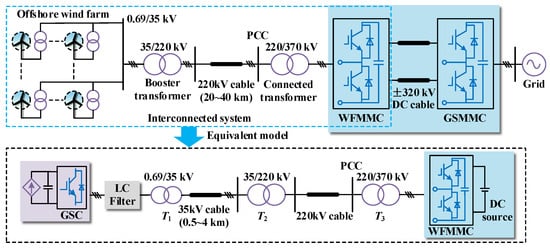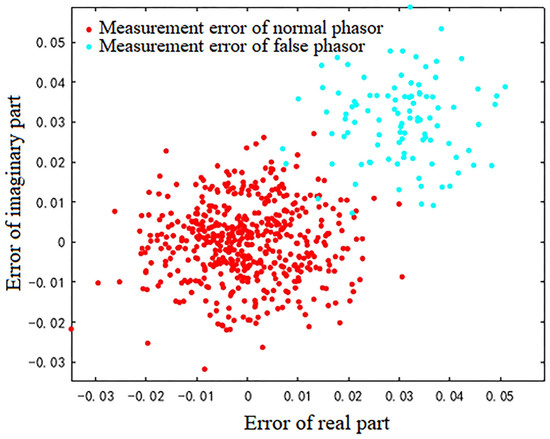Advances in Smart Grid
A topical collection in Sensors (ISSN 1424-8220). This collection belongs to the section "Intelligent Sensors".
Viewed by 3635Editors
Interests: network security; CPS; sensor network; IoT; AI-based information processing
Special Issues, Collections and Topics in MDPI journals
Topical Collection Information
Dear Colleagues,
Recent technological trends such as in communications, big data, smart infrastructure and business economics have transformed our social environment. The increased connectedness between people, processes, data, and things, which defines the Internet of Everything (IoE), is revolutionizing the way utility companies monitor, control, and distribute energy over the electrical grid. With the help of the information and communication infrastructure, the smart grid enables the collection and processing of huge amounts of energy-related data.
The enhanced smart grid features and privileges have resulted in a larger surface for cyberattacks, enabling the remote exploitation of these smart devices without the need for physical access. Given these considerations, specific topics of interest for this Collection include:
- Advances in information and communication technologies in cyberphysical systems—data analytics, AI, big data, machine learning, etc.
- Privacy and security of advanced metering in smart grids
- Energy-aware applications and hardware in smart grids
- Smart management of energy storage and distributed energy resources in smart grids
- Smart metering, real-time pricing, and demand—response in smart grids
- Dynamic load forecasting modeling and simulation
- Secure and reliable integration of IoT in smart grids
- Micro-grid and renewal energy resources in Smart Grids
- Self-healing technologies for Smart Grid
- Prosumer based energy management in Smart Grid
- Big Data and Data management in Smart Grid
- Security and privacy in Smart Grid
- AI and ML based solutions for security in Smart Grid
- Deep learning and Federated learning-based security in Smart Grid
Prof. Dr. Naveen Chilamkurti
Prof. Dr. Jong-Hyouk Lee
Collection Editors
Manuscript Submission Information
Manuscripts should be submitted online at www.mdpi.com by registering and logging in to this website. Once you are registered, click here to go to the submission form. Manuscripts can be submitted until the deadline. All submissions that pass pre-check are peer-reviewed. Accepted papers will be published continuously in the journal (as soon as accepted) and will be listed together on the collection website. Research articles, review articles as well as short communications are invited. For planned papers, a title and short abstract (about 100 words) can be sent to the Editorial Office for announcement on this website.
Submitted manuscripts should not have been published previously, nor be under consideration for publication elsewhere (except conference proceedings papers). All manuscripts are thoroughly refereed through a single-blind peer-review process. A guide for authors and other relevant information for submission of manuscripts is available on the Instructions for Authors page. Sensors is an international peer-reviewed open access semimonthly journal published by MDPI.
Please visit the Instructions for Authors page before submitting a manuscript. The Article Processing Charge (APC) for publication in this open access journal is 2600 CHF (Swiss Francs). Submitted papers should be well formatted and use good English. Authors may use MDPI's English editing service prior to publication or during author revisions.









